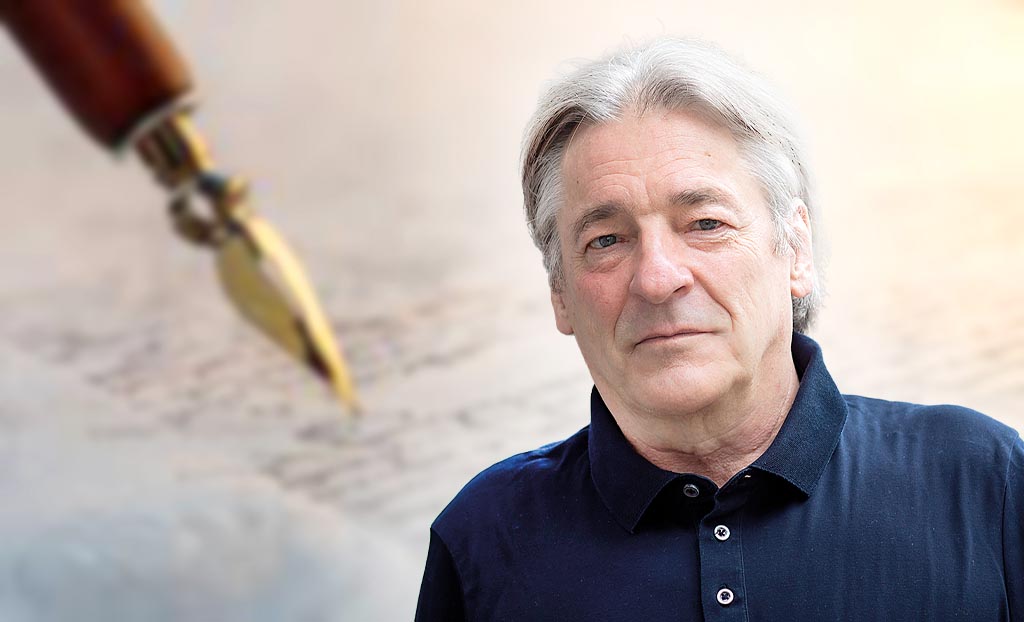By: Dr Vasko Simoniti, historian and twice Minister of Culture
In the brief resignation statements of two long-standing SDS members, a long list of reasons and problems emerged that constrained them and ultimately drove them out of the party.
From the written statements, it can be inferred that they felt a lack of cooperation and connection in their home party, as well as within Slovenian politics more generally. They missed political openness, diversity of perspectives, and a collective pursuit of the best solutions. As announced, a new party will be established, with one of the two members envisioning it to “detoxify” the Slovenian political landscape, sweep away demagoguery surrounding healthcare, education, the tax system, the judiciary, and more, and restore public trust in institutions. It seems that the diverse political voices will be woven into a harmonious whole, and as people sense the “historic moment” in this proposed new future, this political breadth will open a “path upward” (!?). However, nothing has been disclosed about the vision itself, the demagoguery, the historic significance of this time, or about who is failing to cooperate or excluding others. Instead, there is merely talk of something “new and great” (?!!). Those with a strong historical memory may feel some discomfort, and so it would be prudent to first receive clear, certain, and unequivocal assurances that the foundation and value base for this possible “new and great” venture will indeed remain a free parliamentary democracy with human rights and freedoms – including freedom of speech, freedom of religion, private property, legal equality, security, and more.
Principled stances are crucial in politics, especially at the highest levels of office, where leaders are not directly involved in handling specific issues. For politicians with operational roles, principle must also meet responsibility, which requires them to align values with day-to-day duties and decisions. Politicians in power must practically adhere to the commitments made within the party and any coalition agreements, as this forms the basis of their credibility, honesty, and integrity. Here, a politician confronts their ethical and moral principles, which must not be arbitrary. A politician needs a steady anchor, and when making decisions about others, a well-considered and clear personal stance on life and death. In the perceived absence of “political breadth” that prevents a collective “path upwards” – since people perhaps have not yet felt the “historicity of the moment” – the founder of the prospective party likely holds a clear view on history, the present, and the future. This pertains to a past that has yet to become shared history, undermining current relationships, troubling our conscience, and blocking reconciliation. This specifically concerns how power treats the dead. In Slovenia, there remains a grotesque form of totalitarian thinking in which the authorities decide whether someone can be buried in a cemetery. Even 80 years after World War II and over 30 years since the fall of the communist regime, the social order still allows for such authority over burial rights, highlighting that we do not live in a freely democratic society where social and political norms are clearly distinguished. While we do not know the stance of the likely leader of this new party on this issue, we certainly expect and hope that it will be clearly articulated. This also connects to the question of reinstating a day to remember the victims of communism, a topic widely discussed and documented. The departing MPs, like other members of the party, saw this Memorial Day not only as a gesture that dignifies the fallen and affirms their right to a grave but also as a reinforcement of the clear distinction between democratic and non-democratic political systems. They also supported the establishment of the Museum of Slovenian Independence, which was shamefully abolished and will need to be reestablished.
On these so-called “narrow” issues, concepts of state governance, history, the present and future, freedom, oppression, violence, and peace come into play. It would be beneficial to hear concrete responses to these questions to help assess whether this supposed path “upwards,” marked by broad horizons, is genuine or not.

